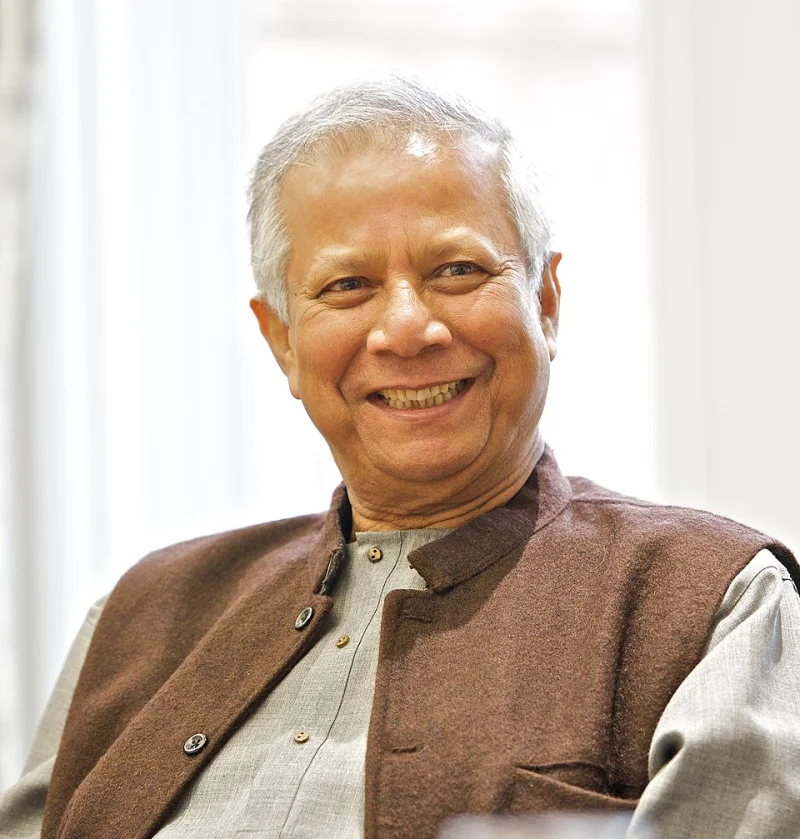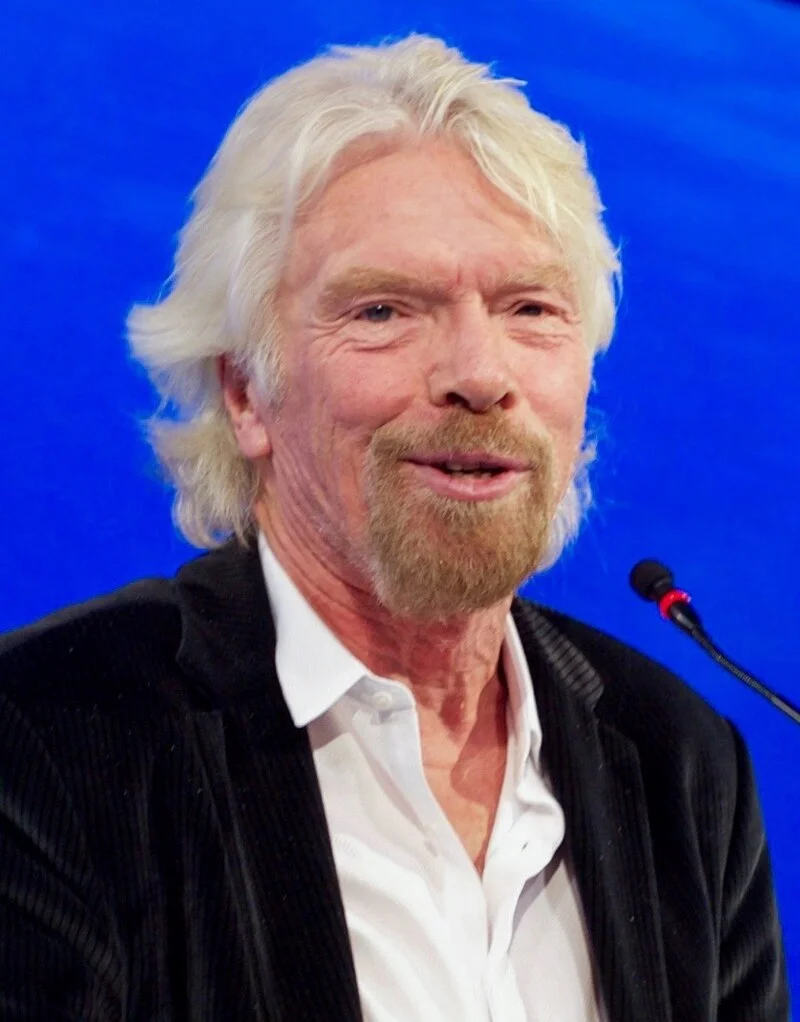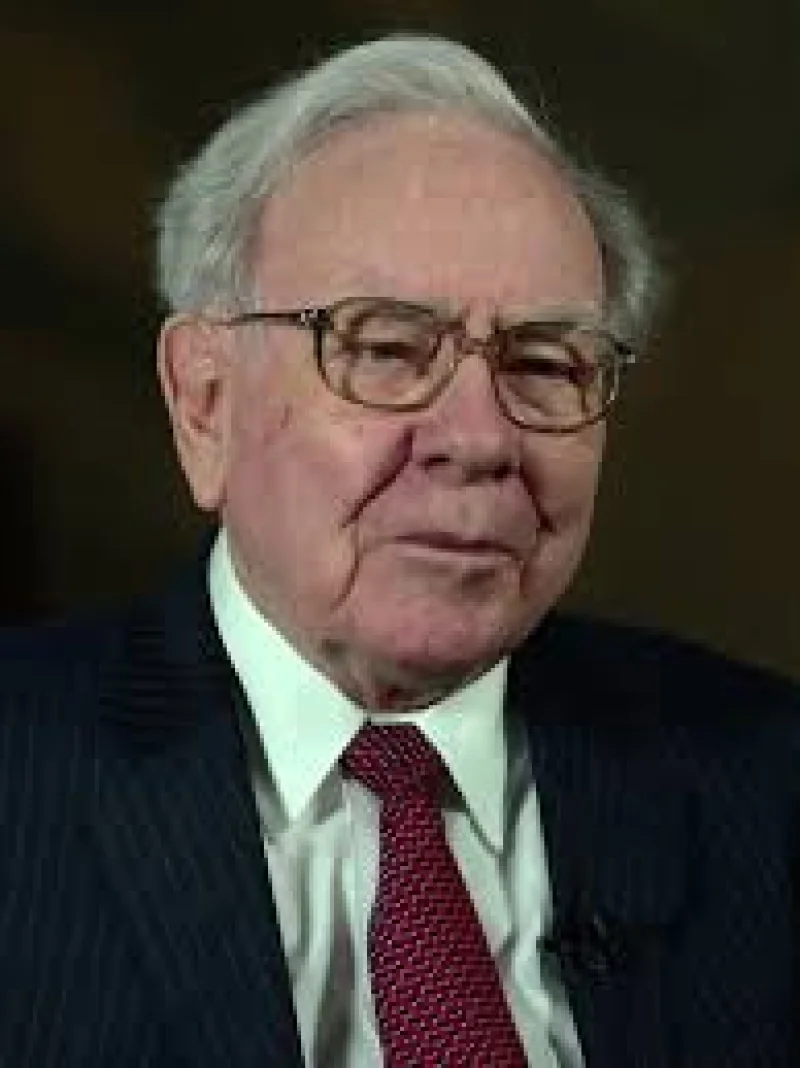Short Summary
Muhammad Yunus is a renowned Bangladeshi social entrepreneur and economist, celebrated for pioneering the concepts of microcredit and microfinance. He founded the Grameen Bank, which provides small loans to impoverished individuals without requiring collateral. Yunus's innovative approach to economic development has empowered millions of people worldwide, particularly women, to lift themselves out of poverty. His groundbreaking work earned him the Nobel Peace Prize in 2006, making him a global icon for sustainable social and economic development.
Early Life & Education
Born on June 28, 1940, in Chittagong, Bangladesh, Muhammad Yunus was the third of nine children in a middle-class Muslim family. His father was a successful jeweler, and his mother was a homemaker who instilled in him the importance of helping others. Yunus excelled academically and pursued higher education at Dhaka University, earning a degree in economics. He later received a Fulbright scholarship to study in the United States, where he attained a Ph.D. in economics from Vanderbilt University in 1969. His exposure to global economic theories and practices during his studies significantly influenced his later work in microfinance.
Career Highlights
After completing his education, Yunus returned to Bangladesh and became a professor of economics at Chittagong University. During the 1974 famine in Bangladesh, he was moved by the poverty around him and began experimenting with small loans to the impoverished. This led to the establishment of Grameen Bank in 1983, which provided microloans to those without access to traditional banking services. His work revolutionized the banking industry by demonstrating that lending to the poor could be a viable business model. Over the years, the Grameen Bank expanded its reach, impacting millions of lives and inspiring similar initiatives globally.
Major Achievements
- Founded Grameen Bank: Established in 1983 to provide microloans to the poor, revolutionizing banking for the impoverished.
- Nobel Peace Prize: Awarded in 2006 for his efforts to create economic and social development from below.
- Presidential Medal of Freedom: Received the highest civilian award in the U.S. in 2009 for his contributions to economic development.
- Congressional Gold Medal: Honored in 2010 for his pioneering work in microfinance and economic empowerment.
Famous Quotes
- "Poverty is unnecessary."
- "All human beings are entrepreneurs."
- "We can create a poverty-free world if we collectively believe in it."
Interesting Facts
- Yunus was inspired by a loan of just $27 to 42 women, which sparked the idea of microcredit.
- He has authored several books, including "Banker to the Poor."
- Grameen Bank is owned by its borrowers, with women holding a majority of shares.
- He has been an advocate for social business, promoting enterprises that address social issues without focusing on profit.
Legacy / Influence
Muhammad Yunus has left an indelible mark on the world of finance and social entrepreneurship. His innovative microcredit system has empowered countless individuals to break the cycle of poverty and has inspired a global movement towards inclusive finance. The principles and practices he developed continue to influence policymakers, economists, and social entrepreneurs worldwide, ensuring his legacy endures as a champion for economic justice and empowerment.
FAQ
Q: Why is Muhammad Yunus famous?
A: He is famous for pioneering microcredit and microfinance, which have provided financial services to millions of impoverished people.
Q: What is the Grameen Bank?
A: It is a microfinance organization and community development bank founded by Yunus to provide small loans to the impoverished without collateral.
Q: What awards has he received?
A: He has received the Nobel Peace Prize, Presidential Medal of Freedom, and Congressional Gold Medal, among others.
Q: What is his contribution to social business?
A: Yunus has advocated for social business, promoting enterprises that solve social issues rather than focusing solely on profit.













